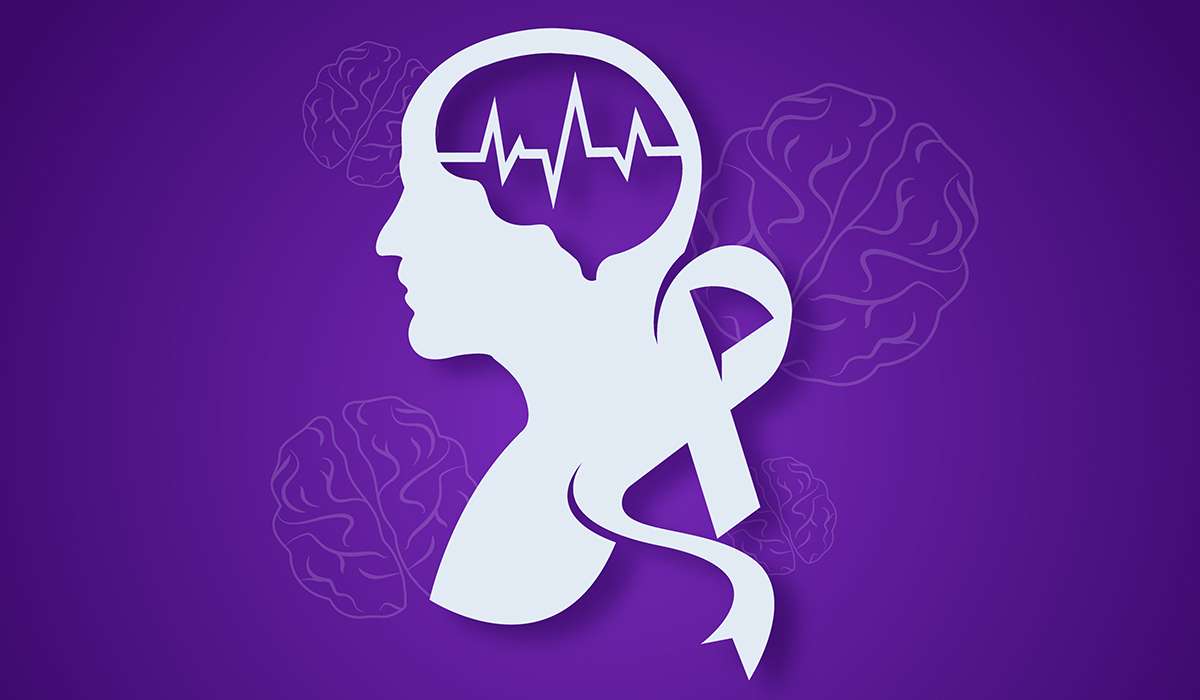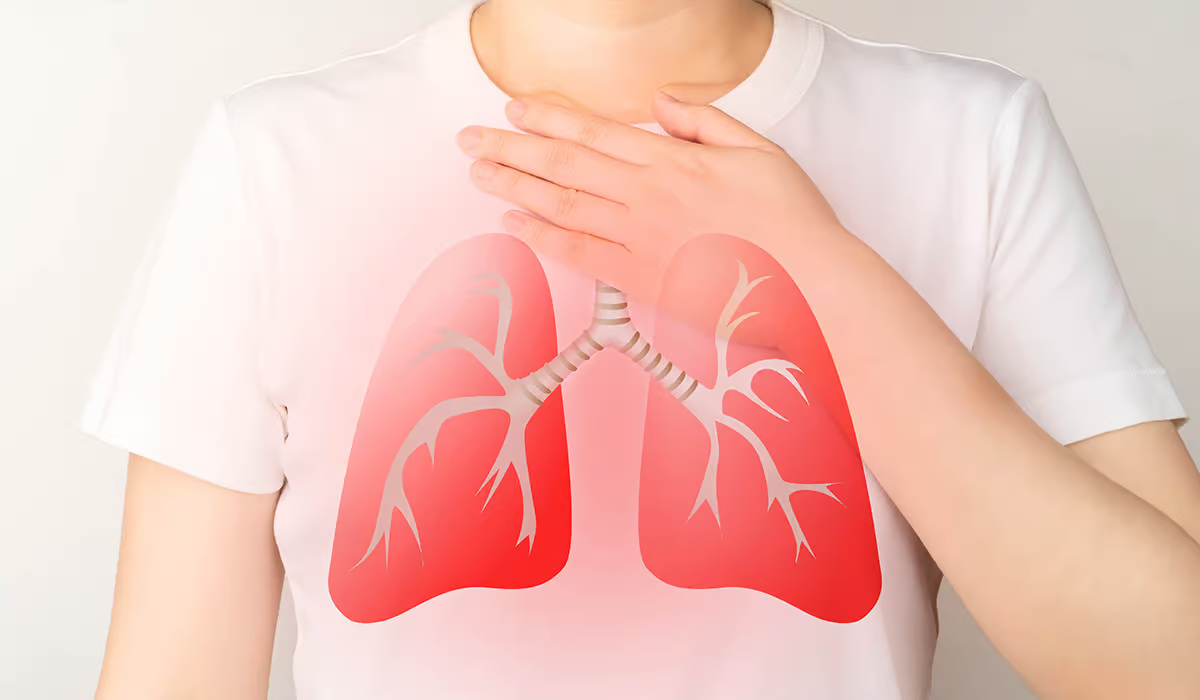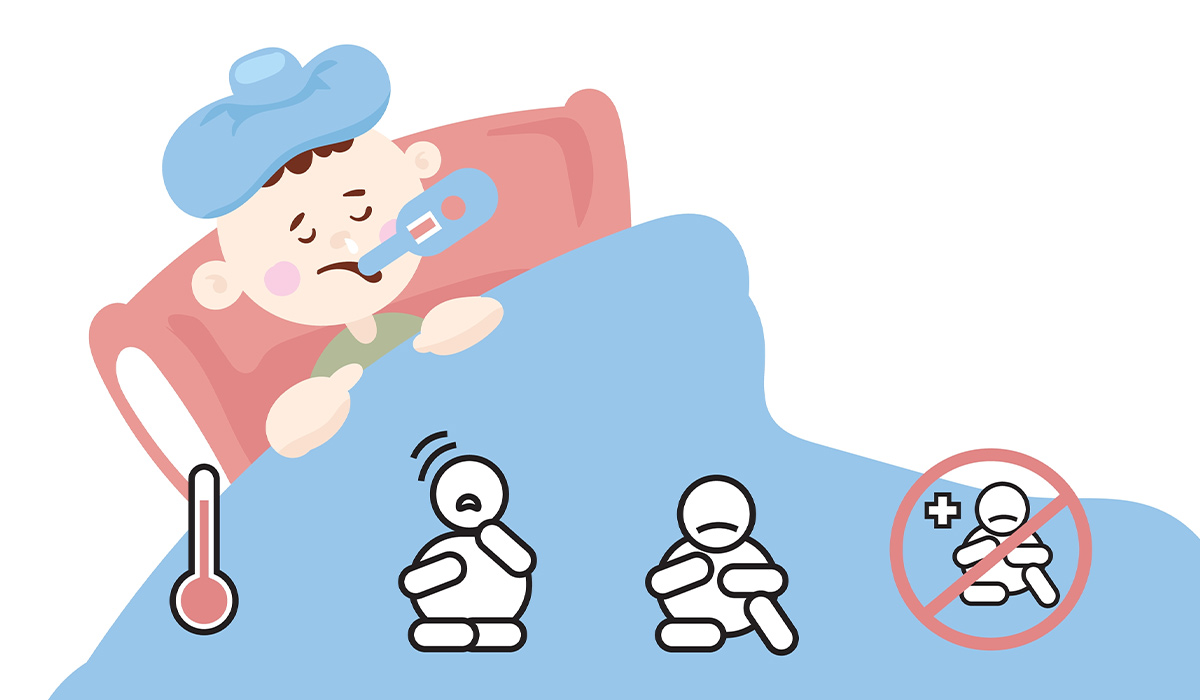People with fibromyalgia need appropriate health care — the same as patients with diabetes. Fibromyalgia is a new disease. In the long term, it was underdiagnosed due to an excessive diversity of symptoms that could indicate other diseases. New criteria have recently been developed that make diagnosis easier.
Symptoms
- irritable bowel symptoms – problems with bowel movements, frequent abdominal pain, digestive problems
- hypersensitive bladder – frequent urination without symptoms suggestive of urinary tract infection
- feeling of an irregular heartbeat and shortness of breath without an identifiable cause
- significant fatigue, lack of energy, and general exhaustion; it is often accompanied by a sense of inability to think efficiently, remember and focus attention
- sleep disorders – patients often wake up during the night and are unable to fall back asleep; sleep does not bring rest, so an extra nap is necessary during the day
- depressive states, anxiety
- numbness and tingling in the hands and feet, a feeling of coldness, coldness in the fingers of the hands
- restless legs syndrome
- hypersensitivity to changes in weather and strong stimuli
- headache, migraine attacks
- painful periods, premenstrual syndrome

Diagnosing fibromyalgia can be problematic and complicated. It requires many tests and diagnoses. You need to know what is causing the pain. Symptoms can resemble various diseases, both mental and physical. It is best to get the opinion of specialists in many fields. Fibromyalgia can have a lot of kinds of symptoms. The most important is chronic pain.
It must persist for more than three months. The first thing is that the pain affects one area of the body. Next, it becomes generalized. Fibromyalgia occupies joints and muscles on both sides of the body. Pain in the spine and large joints are the typical symptoms. Patients feel stabbing, tugging, or burning muscles and often describe body stiffness and joint swelling. Discomfort is more severe in the morning and during monotonous activities, such as sitting at a computer or physical labor. Muscle weakness is characteristic, discouraging any physical activity.
Causes
The causes of fibromyalgia are not enough explained. But probably there are various types of factors.
Various factors that can cause fibromyalgia:
- Psychological factors – chronic stress, severe psychological trauma.
- Genetic factors – related people with fibromyalgia have an eight times greater risk of fibromyalgia.
- Viral infections – many patients link the onset of symptoms to a history of infectious diseases, such as Lyme disease, HIV, HCV, or HBV infection.
- Autoimmune diseases – fibromyalgia can result from another long-term illness such as rheumatoid arthritis or Hashimoto’s disease.
Recent brain imaging studies have shown various abnormalities in pain sensation and regulation. The illness is responsible for pain processing neurons that cause exaggerated pain responses. That also explains other symptoms like chronic fatigue and depressive states.
What is The Role of The Fibromyalgia Diet?
The ways to treat fibromyalgia are diverse. Many patients admit that it has helped them to reduce the symptoms and prevent recurrences. However, there is no evidence that anti-inflammatory diets are effective. But many people try all possible methods. Low-calorie and vegetarian diets can be helpful. It is known that changing to a healthier diet significantly improves mood and overall health. Diet treatment for fibromyalgia patients should be the same as for most populations. It is essential to maintain the correct weight. Too much weight can cause strain and increase pain.
Recommended Food
We will first focus on those products worth bringing into your diet. It is mostly a plant-based product. Vegetables and fruits are recommended for everyone, regardless of ailments.
Vegetables and Fruits

Vegetables and fruits have many necessary components.
- vitamins
- dietary fiber
- minerals
- unsaturated fatty acids
- antioxidants
You need these for proper functioning. Two diets are recommended for people with fibromyalgia. The vegetarian diet. Or the Mediterranean diet. They are based on vegetables and healthy fats. Some scientists discuss that the cause of fibromyalgia symptoms may be oxidative stress. It happens when the body does not produce enough antioxidants. For the prevention, people should eat a lot of vegetables and fruits. They are overflowing with powerful antioxidants. An antioxidants can help prevent inflammation. Consuming more fruits and vegetables can reduce inflammatory markers and improve the body’s resistance to disease.
Fish Fats
Symptoms of fibromyalgia can be similar to other situations. One of them is vitamin D deficiency. You can check your Vitamine D level. Take care to provide vitamin D and see if your symptoms lessen. Research has shown that Vitamin D deficiency sometimes manifests in muscle and bone pain. Supplementing with this vitamin can help a lot, especially in the winter. Vitamine D deficiency can also exacerbate fibromyalgia symptoms. Vitamine D can be found in fish fats. And the fats of marine mammals. So you can add fish oil to your diet. Dairy products or mushrooms are also sources of it.
Nuts, Flaxseed, and Even More Fish

Omega-3 fatty acids are in oily fish, walnuts, and flaxseed. The inflammation-reducing properties can be beneficial. A diet rich in omega-3 fatty acids can relieve some symptoms like joint stiffness and pain. Reacerches, admittedly, did not involve people with fibromyalgia. It was people with rheumatoid arthritis or irritable bowel syndrome. Anything that helps relieve muscle and joint pain is also worth using for people with fibromyalgia. You can try to include more fish or nuts in your diet.
Whole Grain Products For Energy
Fatigue. Lack of energy. Weakness. These things are also fibromyalgia symptoms. So it is worthwhile to increase your energy as well. As we have mentioned, nuts are worth adding to your diet. They will also work well, as they add energy and are invaluable to a healthy diet. They strengthen the cardiovascular and nervous systems and stimulate the brain to work.
It is worth focusing on products rich in carbohydrates and protein. It is best to pick complex carbohydrates. Products like – whole grains, fruits, vegetables, or beans. They processed more slowly. Products containing good carbohydrates have fewer calories, so we are not prone to excessive weight gain. These types of foods are high in nutrients and fiber. Such products are low in cholesterol, which is worth noting.
Water

We’ve already mentioned that weight gain is harmful to fibromyalgia symptoms. If a patient is overweight, it is worth taking care of first. You have to be careful with your weight. The recommended foods are high in calories—for example, nuts and avocados, and too many carbohydrates or protein. If you have problems with weight fluctuation, think about the help of a nutritionist. A specialist will determine the appropriate menu.
It is also worth paying attention to whether we eat too many unhealthy products, such as simple carbohydrates, sweets, and sugary drinks. Carbohydrates should be between 40% and 50% of your daily menu. It is also a good idea to eat complex carbohydrates. They are a good source of gradually released energy.
Avoid These Types of Food
Now you know what to eat on your fibromyalgia diet. You also have to know what to avoid. Eating healthy is hard. Sweets, processed food, and fast food are everywhere. Some ingredients that are not healthy are often added to food to make it look better or last longer. It is good to know the principles of healthy eating.
Gluten Exclusion

There are several studies about fibromyalgia and the effect of a gluten-free diet. There is speculation that this diet positively impacts and reduces pain symptoms. However, more accurate results are needed to confirm this. Fibromyalgia often co-occurs with celiac disease; it can be a reason.
Many people with fibromyalgia admit that the gluten-free diet helped them a lot. Others have not seen the effects. You can try it if it helps you, too. Gluten contains cereals such as wheat, rye, oats, spelled, and barley. So all products made from their flours – bread, pasta, cereals, groats – are prohibited. Remember that a gluten-free diet should be used after consulting a doctor or nutritionist.
We Say no to Food Additives
Common food additives, such as monosodium glutamate, stimulate neurotransmitters that can activate pain receptors. While the research is inconclusive, observing if your symptoms worsen after soup powder or a completely highly processed product is crucial. Start reading labels on products. Additives can also be natural and harmless. You have to know what substances you should avoid. Add the monosodium glutamate to this list. Also, aspartame is not something good for fibromyalgia. Aspartame is a sweetener that can be a light-version drink. Exclude it from your diet, as it is a risky ingredient that causes various problems.
Limit Caffeine

Fibromyalgia patients may often reach for caffeinated products. This is because fatigue sometimes gets too much, and caffeine is the most accessible dose of energy. But it is a big mistake. You can feel the beneficial effects of caffeine for a while. After a while, it can cause a lot of harm, like worsening sleep problems. Caffeine works so quickly that it stimulates, but the energy also subsides over time. It makes fatigue even worse.
A healthier choice is to drink green tea, which is full of antioxidants. The best would be matcha tea, which has the highest amount of antioxidants. Excess caffeine can also cause headaches. People with fibromyalgia usually want to reduce pain. It’s not a good idea to drink several coffees a day.
Sugars
Sugar and simple carbohydrates are hidden enemies that we usually don’t notice. People often fail to realize how much damage these products can do. Fibromyalgia patients need to avoid weight gain. You should limit or eliminate what makes the weight go up. Sugar and simple carbohydrates are the causes of gaining weight.
Usually, people think that fats make you fat. The truth is that sugar is more dangerous. You should avoid simple carbohydrates and replace them with complex ones. Keep sugar to a minimum. You should be especially careful with sweetened drinks because of the sugar hidden in them. Drink plain water or tea, and avoid juices and sodas from your diet. Sudden fluctuations in blood sugar levels can make you feel more tired, which isn’t beneficial for people with fibromyalgia.
Don’t Top Sorrows in Alcoholic Beverages

Some people with chronic diseases often start drinking alcohol to weaken their perception of symptoms. Alcohol is a stimulant. It generally does not have a good effect on the body. People with fibromyalgia should avoid it. Alcohol causes the body to dehydrate.
The process of dehydration is something that people with fibromyalgia should avoid, too. It can significantly increase pain. Excess alcohol can cause hangover symptoms later, which can be very unpleasant. Alcohol also takes away energy and lowers immunity. The people who have given up alcohol have discovered something. They admitted that there is significant improvements in their mental and physical health. Avoiding alcohol is recommended to everyone, regardless of medical conditions.
Summary
Fibromyalgia is a new issue in the medical world. Studies on the subject of fibromyalgia are still lacking. The illness is associated with abnormal pain sensations. The mechanism of this phenomenon is still not fully explained. We have several theories about fibromyalgia and treatment options. Symptoms often prevent people from functioning correctly. People limit their professional and social lives, and because of it, they have a growing sense that they are not coping and a weakening physical condition. It is because of why it’s so important. We should educate ourselves about fibromyalgia and options to improve patients’ lives. An adequately composed diet is one of the options.
Sources
- Kathleen Holton (2016). The role of diet in the treatment of fibromyalgia.
https://www.futuremedicine.com/doi/full/10.2217/pmt-2016-0019 - Giuditta Pagliai, Ilaria Giangrandi, Monica Dinu, Francesco Sofi, Barbara Colombini (2020).
https://www.mdpi.com/2072-6643/12/9/2525 - MJ Bair, EE Krebs (2020). Fibromyalgia. Annals of Internal Medicine.
https://www.acpjournals.org/doi/abs/10.7326/AITC202003030 - Carlos Isasi, Isabel Colmenero, Fernando Casco, Eva Tejerina, Natalia Fernandez, José I. Serrano-Vela, Maria J. Castro, Luis F. Villa (2014). Fibromyalgia and non-celiac gluten sensitivity: a description with remission of fibromyalgia.
https://link.springer.com/article/10.1007/S00296-014-2990-6 - Alan C. Logan (2003). Dietary Modifications and Fibromyalgia.
https://journals.sagepub.com/doi/pdf/10.1177/1076167503252916















